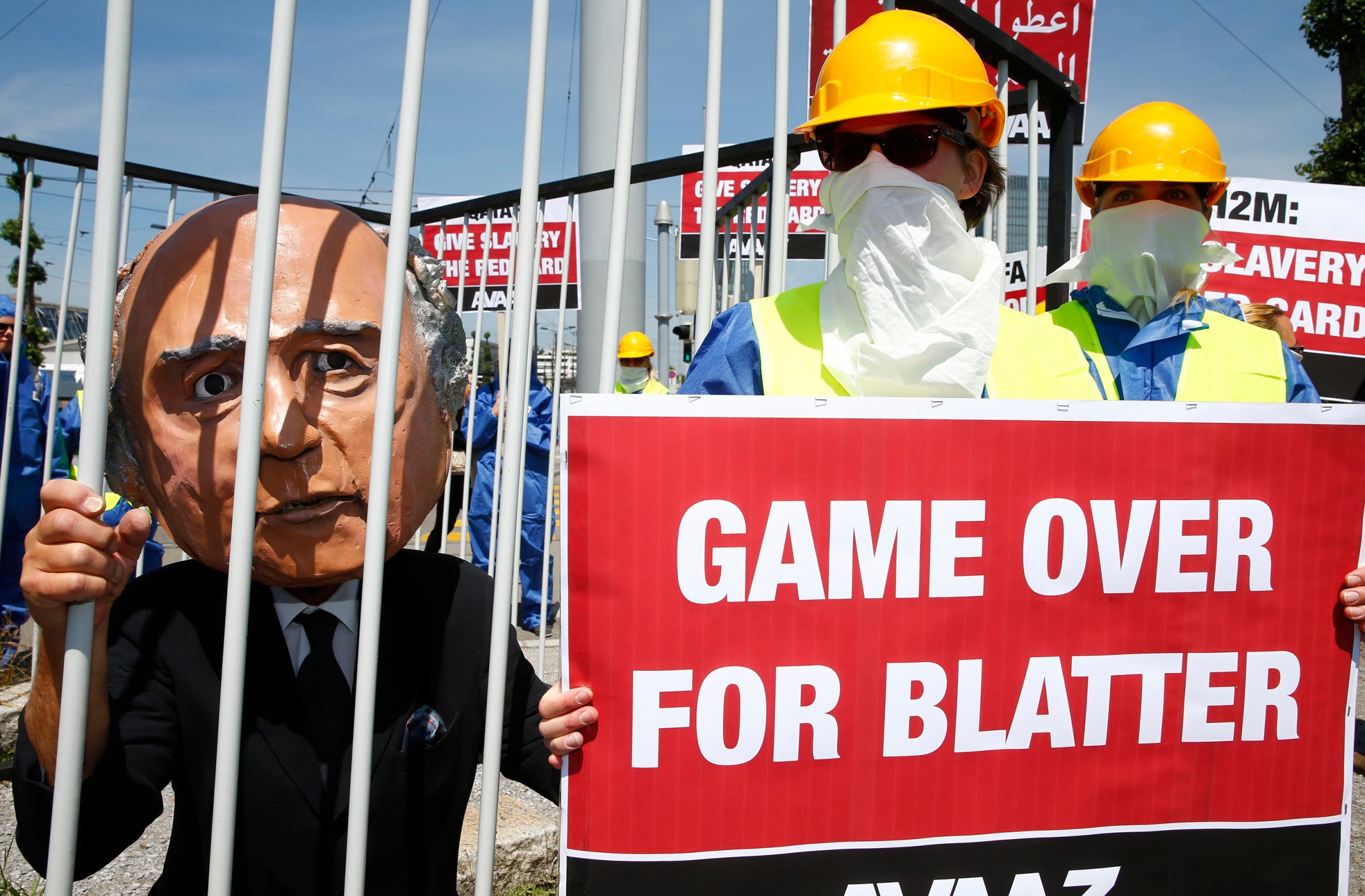
The international body that governs the sport of baseball is not, as some Major League Baseball fans might expect, located anywhere near New York, Chicago or any other great American baseball city. It’s not even in North America. The World Baseball and Softball Confederation (WBSC), which sets the rules and arranges the global tournaments for these two sports, is housed in Lausanne, Switzerland, in the same squat office complex as the world governing bodies of golf, weightlifting, boxing and a handful of other popular sports. Within walking distance are the international federations for hockey and volleyball.
What attracts them to Switzerland is not so much a Swiss mania for sport as the country’s lax regulatory environment, which gives international sporting bodies a special legal status, exempting them from taxes on revenue and from Swiss laws against corruption and money laundering. “There’s no secret about it,” says Oscar Lopez, head of communications for the WBSC. “There has been zero accountability. None.”
In one of the most notorious loopholes in Swiss law, the governing bodies of the world’s most popular sports have for years been allowed to police themselves, even as they earned fortunes from the broadcasting rights and promotional contracts that have proved fertile ground for corruption.
Thanks in large part to pressure from the U.S. government, that loophole is starting to close. The most dramatic push in this crackdown has hit FIFA, the world governing body of soccer, which is based in Zurich. On May 27, the U.S. attorney for the Eastern District of New York unsealed the indictments of nine senior FIFA officials, six of whom were arrested that day in a Swiss police raid at a luxury Zurich hotel. According to the indictments, these officials received around $150 million in bribes over the past two decades in exchange for granting promotional contracts and hosting rights for FIFA events.
Swiss authorities have meanwhile opened a separate probe into FIFA’s decision to grant Russia and Qatar the rights to host the next two World Cup soccer championships. And on June 2, Sepp Blatter, the longtime president of FIFA, resigned, saying that his “mandate does not appear to be supported by everybody.”
The American involvement in these events has largely been a result of the U.S. government’s drive to pursue American tax avoiders and criminals who use American communications and banking services. In 2009, the Department of Justice began to threaten criminal charges against Switzerland’s largest banks if they did not close loopholes in their banking laws that had allowed Americans to hide assets from the tax authorities back home.
The Swiss grudgingly complied, agreeing to reform their own rules and traditions of banking secrecy. “That was clearly the result of pressure from the United States,” says Ernst Gnaegi, the head of the international criminal law unit at the Swiss Department of Justice.
But Swiss officials are keen to avoid the perception that they have become the regulatory errand boys for the U.S. Department of Justice. Some Swiss politicians have made shining light into the country’s murkier corners their own mission.
In 2010, Swiss lawmakers turned their attention to the world of international sports, whose frequent corruption scandals “had become a problem for the reputation of the country,” says Roland Buechel, the parliamentarian who has led the calls for stricter oversight of these organizations since 2010. A milestone in this effort came in December, when the Swiss parliament passed a law designating the heads of global sporting bodies as “politically exposed persons,” a status usually reserved for dictators and their cronies who seek to stash ill-gotten gains in Switzerland. The status brands all of the heads of the sporting bodies—and their friends and family members—as potential money-launderers, and obliges Swiss banks to monitor their transactions closely.
Over the past few years, the Swiss drive to increase financial and regulatory oversight has gained legislative momentum and broad public support. In the latest step forward, the Swiss legislature is considering a bill to criminalize various forms of bribery that were previously treated as normal business transactions under Swiss law. “We’re moving ahead,” says Gnaegi of the Justice Department. “Step by step.”
More Must-Reads From TIME
- The 100 Most Influential People of 2024
- The Revolution of Yulia Navalnaya
- 6 Compliments That Land Every Time
- What's the Deal With the Bitcoin Halving?
- If You're Dating Right Now , You're Brave: Column
- The AI That Could Heal a Divided Internet
- Fallout Is a Brilliant Model for the Future of Video Game Adaptations
- Want Weekly Recs on What to Watch, Read, and More? Sign Up for Worth Your Time
Contact us at letters@time.com